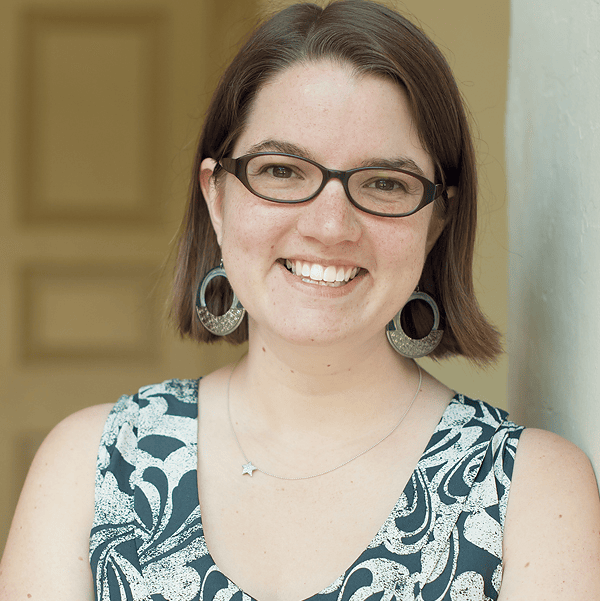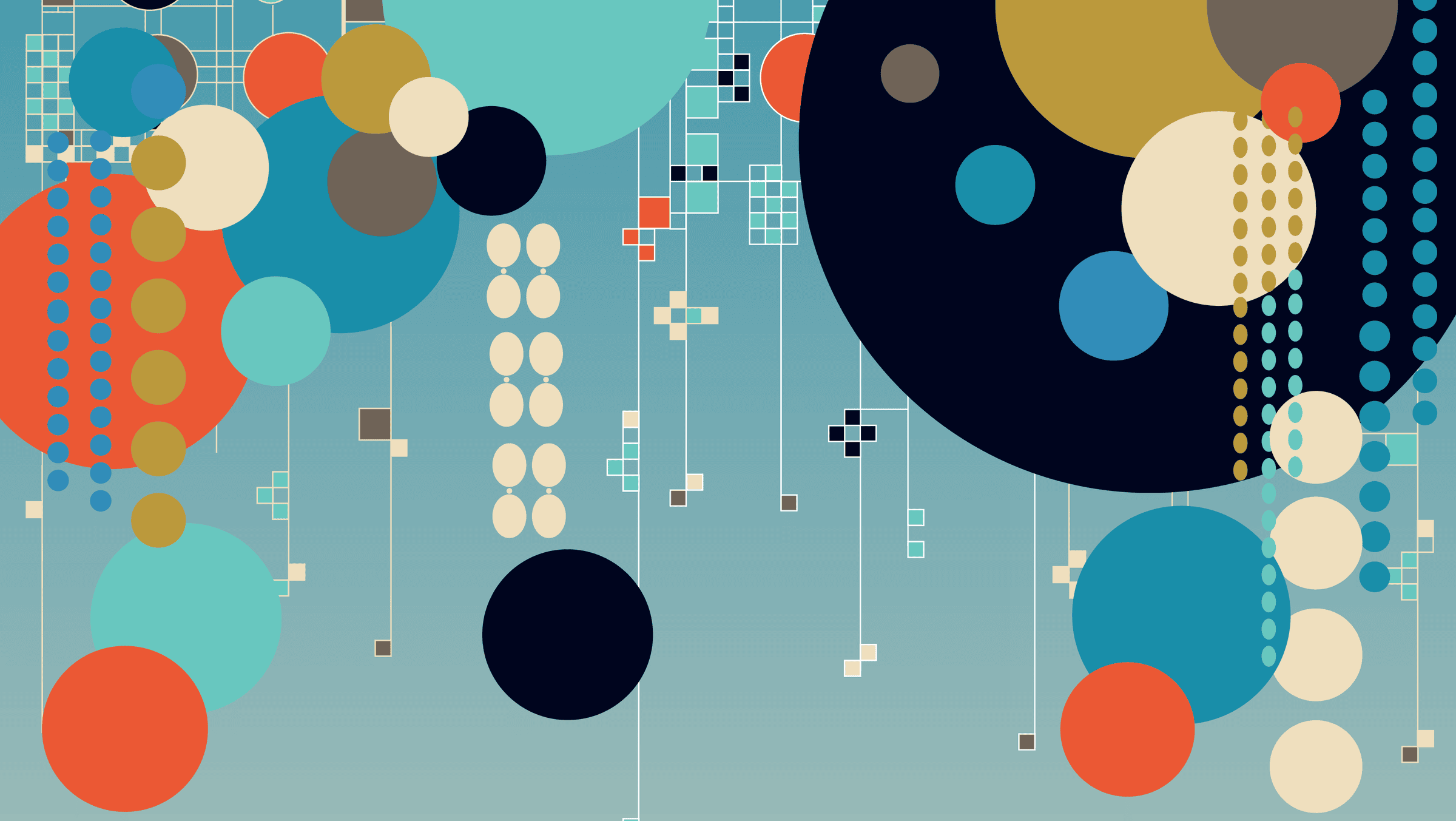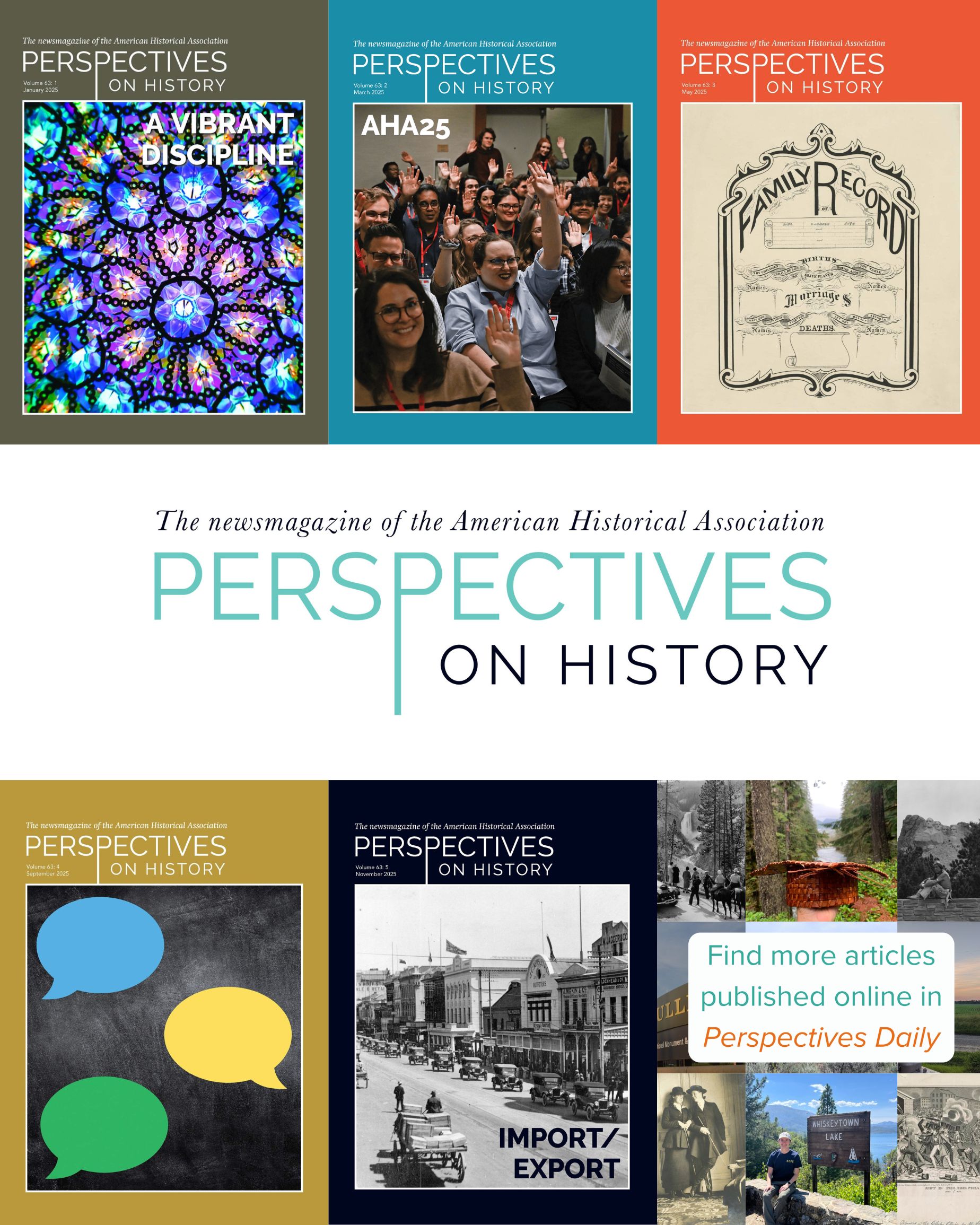The AHA is pleased to announce this year’s summer columnists. Follow along as these graduate students share their experiences with teaching history writing as a former playwright, researching international marriages in a time of immigration uncertainty, and engaging with your neighbors and history in community gardening.
Mary F. Casey, Teaching History Writing Today
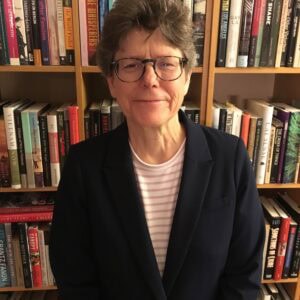
Mary F. Casey
As a graduate student, it is hard to imagine a conversation with my colleagues these days that does not include anxious thoughts on the future of our discipline and grumbles about student use of artificial intelligence. Our worries are well-founded, unfortunately. Indeed, the rising threat to long-held assumptions of academia’s value, coupled with the sudden omnipresence of AI, is forcing many of us to re-evaluate our purpose as teachers.
I reflect on this a good deal as I teach writing to undergraduates, particularly history majors. I am full of useful tips on writing an effective academic essay. I stress the use of strong verbs, topic sentences, “bookending” for their intros and conclusions. I want them to be good writers, after all. I want them to have a strong skill set so they are prepared for future jobs. But is that what I am really providing? Am I teaching them the right skills for the 21st-century job market?
My first column considers the changing value of writing skills in the college curriculum and the larger work world through the lens of my own teaching practice. I came to academia after three decades in the working world—and even more years as a playwright, a career path whose major requirement is a “day job.” Today, playwriting and nonacademic employment inform my teaching practice in helpful ways. Strong verbs and the active voice are critical in any kind of writing, I intone ad nauseum. Watch your paragraph length and those run-on sentences. Be clear, be concise. Writing well is always a handy skill, no matter what kind of work you do.
In my second column, I explore the larger question of what it means to write history today. Using the response to the musical Hamilton as a jumping-off point, I look at new and different ways we as a society experience the writing of history. I discuss my own process as a playwright who incorporates historical themes in her practice, and the unique challenge of creating characters based on real people. Finally, I suggest ways we might incorporate creative approaches to the writing of history, and to teaching the writing of history, into our curricula.
My colleagues and I will no doubt continue to discuss the challenges we face as students and instructors, but we will also continue our commitment to teaching writing. And teaching it well.
Mary F. Casey is a history PhD candidate at the University of California, Riverside. Her dissertation explores Native feasting and the formation of community during the California mission era. She is currently a teaching fellow in the University Writing Program. Mary is also an award-winning playwright.
Alisa Kuzmina, Divided Lives: Connected in the Archive
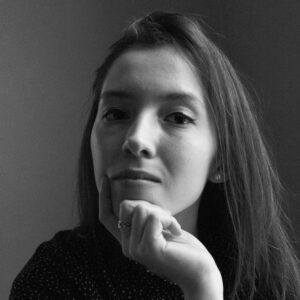
Alisa Kuzmina
Last winter, after talking to an immigration lawyer, after postponing my engagement, after securing a visa appointment with the United States Embassy in Kazakhstan, after filling out travel forms, after renewing my passport, after saving enough money for a plane ticket, after stopping in Saint Petersburg for archival research, after flying for eight more hours and driving for two, I was finally able to visit my family in Birobidzhan, Russia, for the first time in five years.
Trying to balance hard-won family time with research, I read sources for my dissertation. One of those was a 1989 memoir of Irina McClellan—a Soviet woman who immigrated to the United States to live with her husband after a decade-long separation. In the late 1970s, their “love story, Soviet style” hit the American tabloids and diplomatic channels as a crushing truth behind détente. My dissertation reexamines Cold War chronology through the lens of narratives like Irina’s.
Before last winter, I had mostly examined activist campaigns and official correspondence on behalf of separated Soviet–American spouses like the McClellans. But it was not until I began reading their memoirs and letters that I felt their constraints ripple through my own life. While I haven’t been forced to take risks like my research subjects, I travel on a visa, not a green card. Going through customs makes me anxious. And now, having made it back to the United States, I recite my husband’s phone number in my head in case I am detained by Immigration and Customs Enforcement.
My columns will explore what it is like to study the lives of people whose experiences mirror our own, and how the boundary between personal and scholarly work can be both a challenge and a gift. The first will explore archival traces of people who lived through similar systems I am navigating now. Based on the memoirs of Soviet–American couples that navigated cross-cultural marriage during political uncertainty, this article will share with these couples’ thoughts on love and resilience in the face of surveillance, censorship, and immigration restrictions. The second column will explore the ethical complexity and emotional toll of writing about people whose stories echo our own. How do we balance scholarly distance with emotional proximity? How do we write about someone else’s vulnerable experience without co-opting it? This piece offers a space to think about empathy as a strength in historical writing and source analysis.
Alisa Kuzmina is a history PhD candidate at the University of Minnesota. Her dissertation explores how stories of love and separation between American and Soviet citizens became flashpoints in the Cold War. She is also a host on the New Books Network (Russian and Eurasian Studies) podcast.
Cecilia Slane, Doing History in a Community Garden
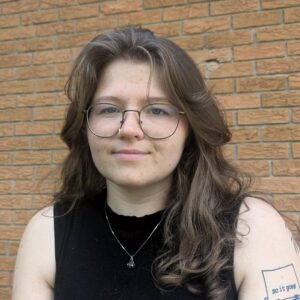
Cecilia Slane
When I entered graduate school, I began working with a local community garden. As the garden has grown and been (re)cultivated, so has my education and my research interests. I started with a general interest in the history of US national parks, but I now find myself somewhere within the history of science, technology, environment, and empire. I have a particular interest in peatlands and soils, partially inspired by my time in this garden. My columns will highlight the importance of doing history in nontraditional ways, such as building community knowledge in educational third spaces, using this garden as example.
The first column will examine alternative and creative ways of doing historical work, with an emphasis on its relationship to community building. The garden volunteers have undertaken collaborative educational projects, including hosting a dinner conversation about the history of community gardens and publishing an ongoing zine project. These projects have been conceptualized and created by and for community members, relating the highly localized work we do at the garden to national and global experiences of growing food. As a “trained” historian in the group, I offered my skills and resources to participate in this knowledge building in collaboration with my neighbors, who brought their own materials, ideas, and concerns. Though we each brought different knowledge, skills, and resources to the table, we prioritized relational ways to create knowledge and community.
The second column will explore how my work with the community garden has shaped my personal research interests and goals. Trained in the history of science, technology, and energy—after growing up in the corn and oil fields of rural southern Illinois—my research connects themes of energy and ecology beyond the fossil-fueled industrial agriculture of my home. But working at the garden every Saturday has made soil much more prominent in my thinking. Peat and soil are parts of the land that produce energy in the form of combustible material or crops. That energy production requires labor, so my research asks how working the land relates to culture, identity, and knowledge of spaces that people inhabit, particularly settler-colonial ones. Working the soil with my own hands in the community garden has felt like working through an archive and materializing history at the same time. In the garden, I’ve strengthened my belief in the importance of connecting with communities neighboring the university and the value of getting your hands dirty.
Cecilia Slane is a PhD candidate in the history of science, technology, and medicine at the University of Oklahoma, where she studies fossil fuels in the history of science, technology, and settler colonialism. She is currently a graduate assistant for Isis Current Bibliography.
This work is licensed under a Creative Commons Attribution-NonCommercial-NoDerivatives 4.0 International License. Attribution must provide author name, article title, Perspectives on History, date of publication, and a link to this page. This license applies only to the article, not to text or images used here by permission.
